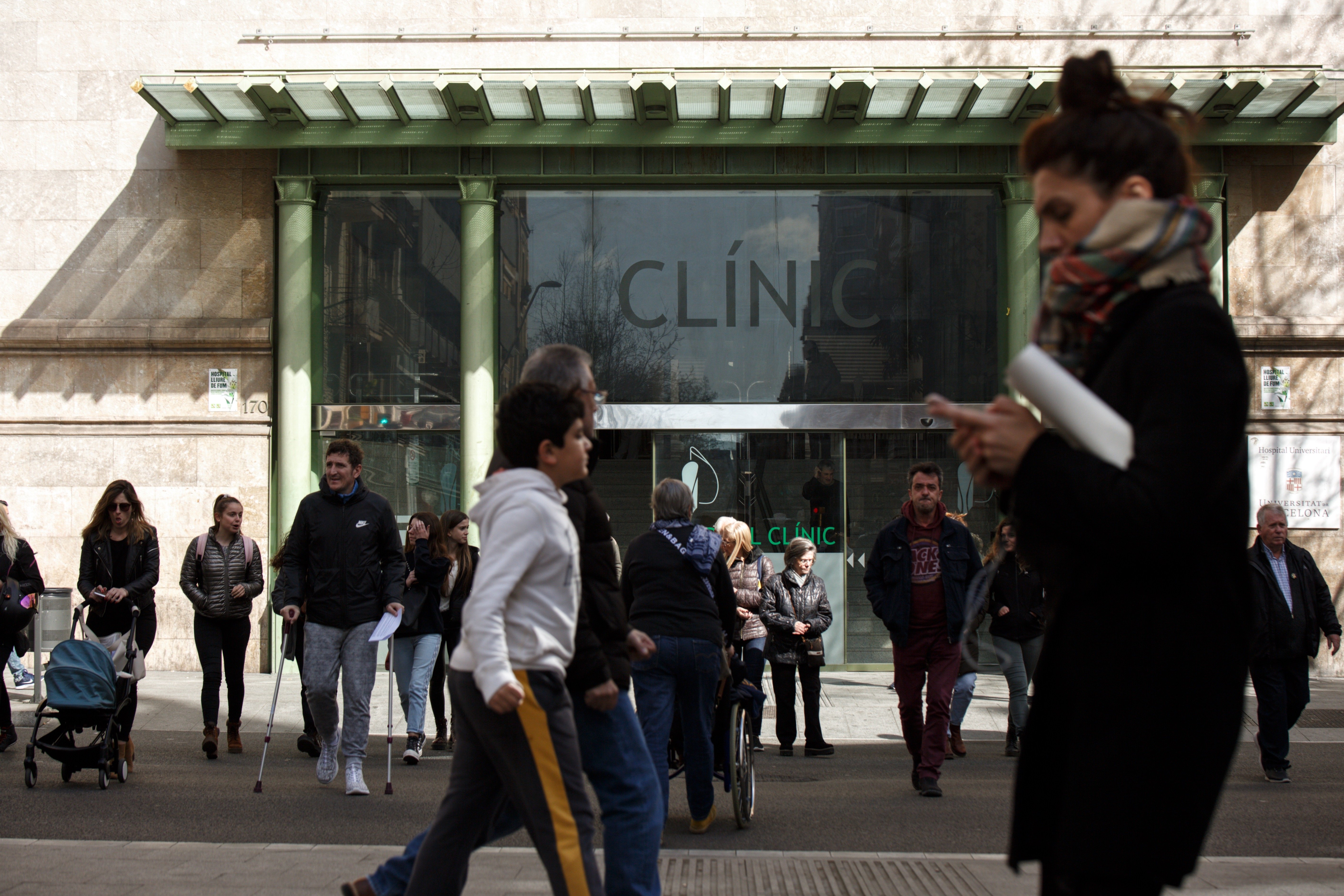The Catalan health ministry has this Wednesday confirmed the death of a person infected with the coronavirus SARS-CoV-2 in Catalonia. Additionally, in a press statement, the ministry has announced that 55 new cases of people infected with the virus have been identified. That constitutes a 44% rise in a single day.
In total, there are now 181 confirmed positives in Catalonia, 20 of whom are seriously ill. Also significant is the fact that 22 health care professionals here have now been infected. A total of four people infected with the virus have died in Catalonia. Since the first case of coronavirus SARS-CoV-2 was detected in Catalonia, three people infected with the virus have recovered and been discharged.
As ElNacional.cat has learned, at least two of those affected were detected at the Hospital Esperit Sant in Santa Coloma de Gramenet, a suburb on Barcelona's periphery. One was directly diagnosed with coronavirus and was isolated. However, the other case was first diagnosed as a case of renal failure and it was not until later that the coronavirus was detected. For these reasons, eight staff of the hospital centre had to go into home-confinement due to "close contact" with the patient before the Covid-19 diagnosis.
Responsible use of 061
The Catalan health service has called for the public to be responsible in its use of the 061 health phoneline and to be as supportive as possible in this situation. Primary care centres (such as local CAP centres) could be called for any questions; and for serious and life-threatening emergencies, the recommended number to call is 112.
The health service has also just developed an online questionnaire as a new tool that allows people to know quickly and easily if they meet the criteria for being considered possible cases of infections and therefore, whether or not they should call 061.
Preventive measures
In this same statement, the Catalan health service reminds the public of the basic rules for individual protection that everyone should follow:
- Wash your hands often with soap and water or with alcohol-based solutions, especially after direct contact with anyone who is infected or ill and their environment.
- Avoid close contact with people who may show signs of respiratory distress, such as coughing or sneezing.
- Maintain a distance of approximately two metres from people with symptoms of acute respiratory infections.
- Cover your mouth and nose with a disposable handkerchief or with the inner part of your elbow if you cough or sneeze, and then wash your hands immediately.
- Avoid sharing food or utensils (cutlery, glasses, napkins, handkerchiefs...) and other objects without cleaning them properly.
- No special precautions need to be taken with animals nor with food with regard to this infection, beyond the usual general hygiene rules.

